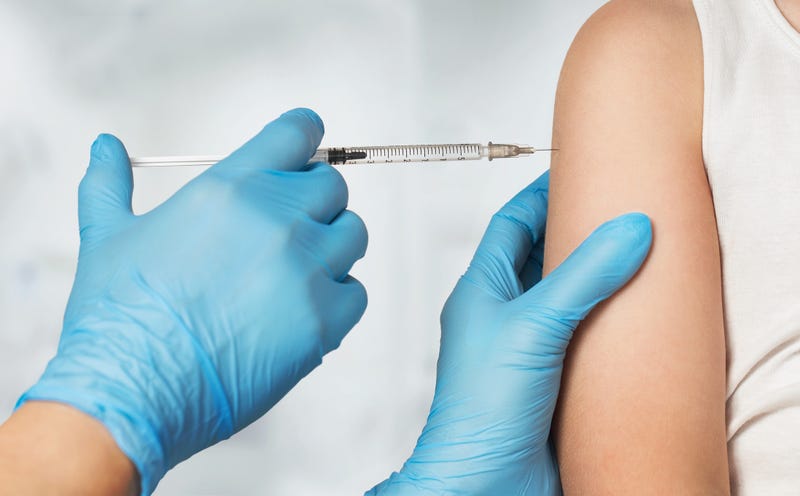
With the U.S. Food and Drug Administration approval Wednesday of the bivalent Moderna and Pfizer BioNTech COVID-19 vaccine boosters, some other vaccines became obsolete.
Monovalent versions are no longer authorized for children age 5 years old to 11 years old, said the FDA. But, what does that mean?
It means that the 5-11 age group should get one of the two bivalent vaccines – which were formulated specifically to protect against the still dominant omicron subvariants of SARS-Cov-2 – at least two months after they get their primary series of COVID vaccination. Monovalent vaccines were formulated to protect against the original SARS-CoV-2 strain.
However, age matters. All children age 5 years old and older can get Pfizer BioNTech’s vaccine booster, while children should be at least 6 years old to get the Moderna booster. Both of these bivalent boosters have been given emergency use authorization to be administered as a single dose.
“Since children have gone back to school in person and people are resuming pre-pandemic behaviors and activities, there is the potential for increased risk of exposure to the virus that causes COVID-19,” said Peter Marks, M.D., Ph.D, according to the FDA. “Vaccination remains the most effective measure to prevent the severe consequences of COVID-19, including hospitalization and death.”
When the FDA authorized the new boosters this week, it provided information about testing of both vaccines. Side effects should be similar to doses of the monovalent versions for both the Moderna and Pfizer BioNTech boosters.
LISTEN on the Audacy App
Sign up and follow Audacy
Facebook | Twitter | Instagram
